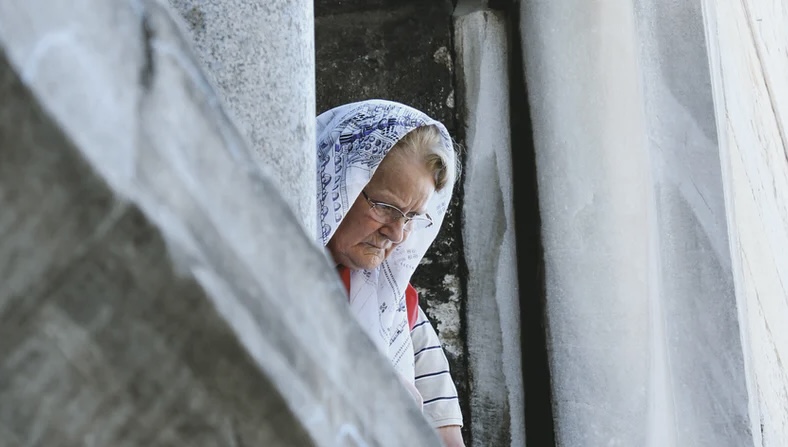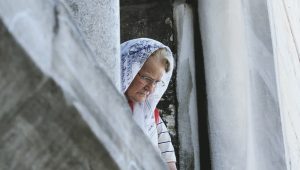
The finances and health of "elder orphans" are in greater danger than for those who have family.
Orphans are a vulnerable population.
They have lost both parents and are at risk of being abused, neglected, or exploited.
Elderly individuals can also become vulnerable when they have no living spouse or family.
One term for these individuals is elder orphans.
According to a recent The Virginia Gazette article titled “Savvy Senior: How to get help as an elder orphan,” these seniors must prioritize estate planning to provide greater protections for themselves and their assets.

Elder orphans are seniors with no living relatives.
It is especially important for elder orphans to include incapacity planning in their comprehensive estate planning.
If these individuals become ill without a valid plan in place, they could easily become targets of predatory and greedy people.
For incapacity planning, elder orphans should have a General Durable Power of Attorney, an Advance Health Care Directive, and a HIPAA Authorization.
What do each of these accomplish?
With a General Durable Power of Attorney, the "principal" creating the document grants authority to a trusted individual, the "attorney in fact" (or "agent") to manage financial affairs and decisions on behalf of the principal should he or she be unable to do so.
The Advance Health Care Directive (consisting of a "Health Care Treatment Directive" and a "Durable Power of Attorney for Health Care Decisions") empowers the principal to outline instructions for care to be provided, withheld, or withdrawn if ever incapacitated and unable to communicate, as well as appoint trusted "health care agents" to carry out these instructions.
Although many people choose family members to fulfill these roles, elder orphans do not have this option.
They should select people who are consistent, responsible, and trustworthy.
To avoid a conflict of interest or temptation to act selfishly, it may be wise to divide these responsibilities among a few people.
These agents should be younger than the elder orphan and both willing and capable of serving in these roles.
In addition to incapacity planning, estate planning also allows elder orphans to prepare for their own deaths.
The most basic document for this is the Last Will and Testament.
A Last Will and Testament is used to appoint a "personal representative" (or "executor") for the estate and to provide instructions for distributing assets after the death of the testator (i.e., the orphan elder).
When choosing a personal representative, it is wise to select someone who lives in the same state.
If the best option lives in another state, this individual may be subject to special requirements.
There is an easy workaround, however, as an "ancillary" personal representative who is domiciled in the probate state may be appointed.
Note: If you are looking to avoid probate of your estate in more than one state, which is required in every state in which you own real estate, then investigate whether the respective states provide for "transfer on death deeds" to transfer the real estate or whether a revocable living trust may be a comprehensive solution.
What can elder orphans do is they have no friends or distant relatives to fulfill these roles?
One option is to hire an aging life care manager.
These professionals have training in geriatric care and may also have experience in nursing or social work.
Although many elder orphans are accustomed to doing things on their own, creating an estate plan independent of an experienced estate planning attorney would be a terrible idea.
Not all states have the same laws regarding estate planning.
Simple mistakes can quickly make estate planning documents invalid.
When this happens, the court will not follow the instructions and the assets will be distributed according to the intestacy laws of the state.
If the financial power of attorney and healthcare documents are invalid or non-existent, then the court will name a conservator and guardian to fill these roles.
This means a complete stranger will be managing your finances and making your medical decisions.
Yikes!
The solution to this problem is fairly simple.
One should work with an experienced estate planning attorney.
Elder orphans who do not have a valid estate plan in place should reach out to one of these attorneys as soon as possible.
Reference: The Virginia Gazette (April 1, 2022) “Savvy Senior: How to get help as an elder orphan”
REMEMBER: “The choice of a lawyer is an important decision and should not be based solely upon advertisements.”
This statement is required by rule of the Supreme Court of Missouri.
